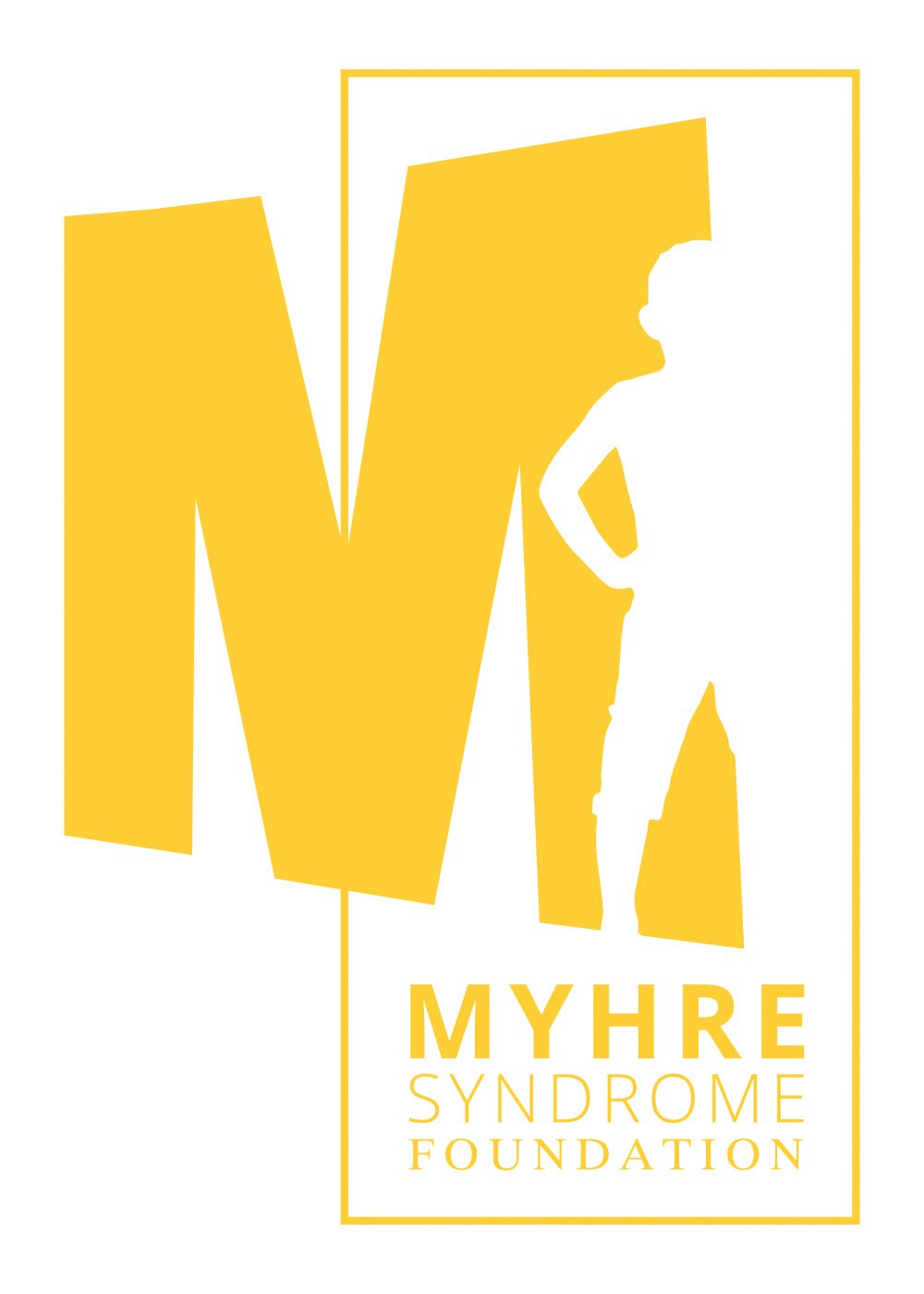The ultimate goals of Myhre syndrome-related research is multifaceted. There is not only a need to understand the symptoms and how the symptoms present (the pathology of the disease as well as the phenotype or physical appearance of the disease), but there is also a need to develop a specialized treatment plan, consisting of a cure or therapeutic. All of these avenues of research are important to help improve the lives of people with Myhre syndrome. Mice models are widely used throughout the field of science in order to test different scientific theories before introducing the same ideas to humans.
The Massachusetts General Hospital (MGH) Myhre Syndrome Clinic in Boston, Massachusetts, co-directed by Dr. Angela Lin and Dr. Mark Lindsay, is currently home to a Myhre syndrome mouse model. The team started their project in 2019. There is also currently another Myhre mouse model in Europe.
These mice are considered a Myhre syndrome mouse model because their genetics were intentionally altered to represent the same type of genetic change that is exhibited in people with Myhre syndrome. The Myhre Syndrome Foundation was proudly able to contribute part of the funding needed to breed the mice. The creation of this mouse brings the Myhre community one step closer to achieving the goals of research, including a better understanding the condition of Myhre syndrome as well as advancing the goal of creating a Myhre syndrome-specific therapeutic, whether that be using an existing drug or creating a whole new medicine.
The purpose behind this therapeutic would be to alleviate current symptoms, as well as prevent the progression of the condition. Moreover, the creation of this valuable mouse model also allows for even more research possibilities (including researchers beyond MGH) and more potential avenues of funding, both of which are vital in helping to improve the lives of people with Myhre syndrome.
Aside from the mouse model, the MGH Myhre Syndrome Clinic has also been collecting valuable clinical data which allows the community to have a better understanding of Myhre syndrome starting from the molecular level (understanding the alterations within DNA) all the way to the physical symptoms that present with the condition.
Their multi-specialty team that includes genetics, cardiology, pulmonology, physical therapy, and many more experts help to provide in depth assessments of the different body systems impacted by Myhre syndrome. This helps them further understand the condition, and its various structural defects and functional issues. Patient/parent observations and experiences shared during these visits also contribute to their valuable data. Similarly, the Clinic also reviews information such as heritability and risk factors to help provide genetic counseling for families.
To assist with the vast data collection as well as the growth of the Clinic and its resources, they have also hired a Myhre syndrome clinical research assistant, another research aspect the MSF was able to help support. Additionally, the MGH Myhre Syndrome Clinic continues to produce and collaborate on new papers as well as poster presentations, covering many different topics within Myhre syndrome. Currently underway are two very exciting new papers.


